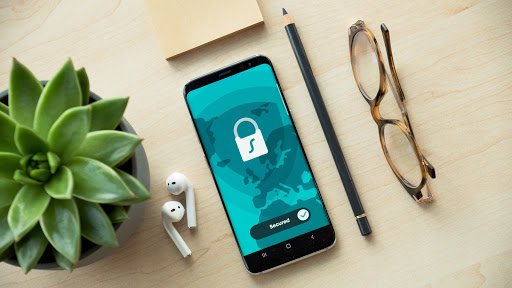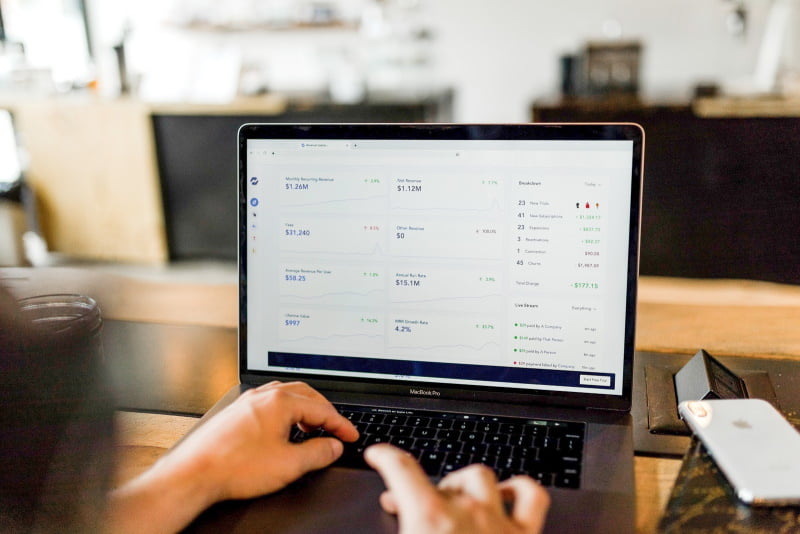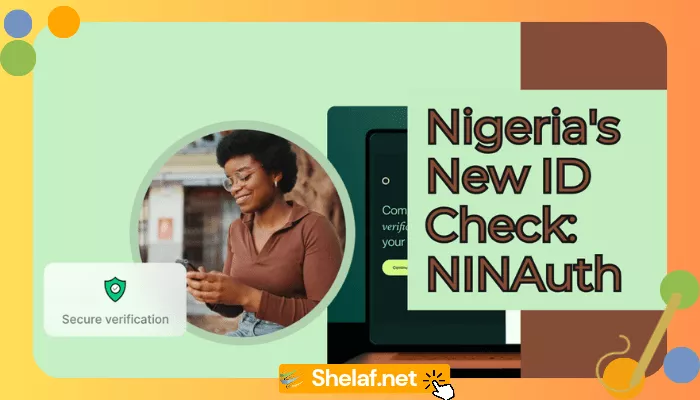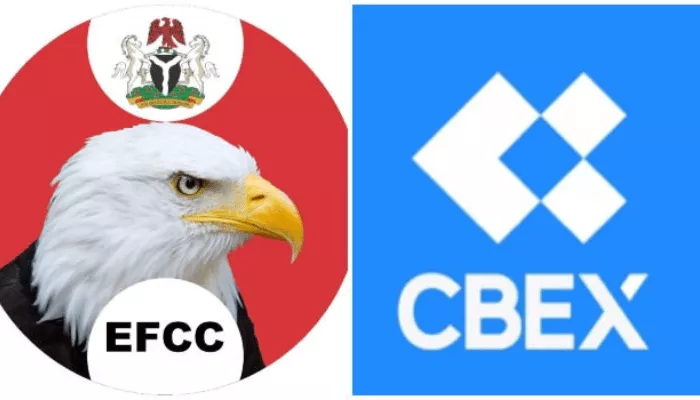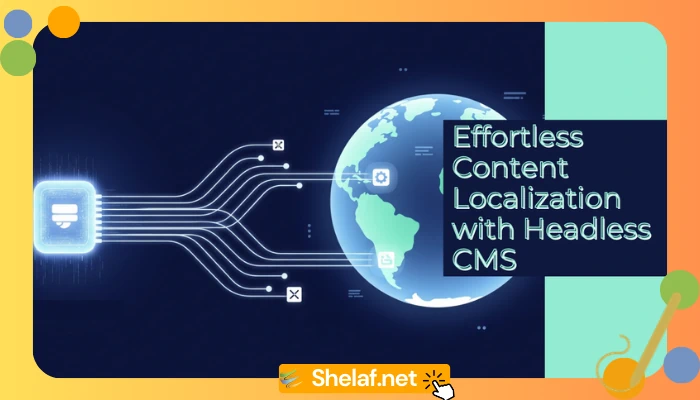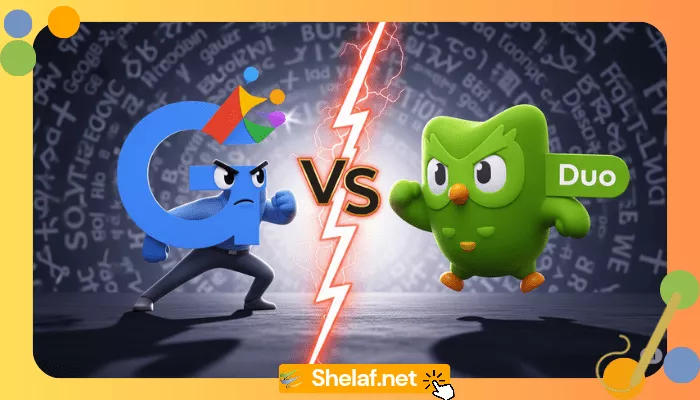VPN (virtual private network) technologies have revolutionized how people access and use the internet. With the rise in cyber threats, the need to create a secure and confidential connection to the internet has become more crucial than ever. A virtual private network makes it possible to connect to the internet with your identity remaining private. That’s not all; with a VPN, you can bypass geo-blockade to access websites that are inaccessible from your location. DataProt’s VPN statistics for 2021 show that 31% of internet users worldwide have used a VPN service.
Daily, internet users subscribe to VPN services. It’s an overwhelming task to choose the right provider due to the large number of VPN service providers out there. Every company claims to offer first-rate features. How do you spot services that are worth your cents? Well, there are top-notch features to look out for when shopping for a VPN; before spending your hard-earned money with any company, pause and look out for the following specifications.
Contents
What Are the Features to Look Out For in a VPN?
They are:
- Encryption Protocol
- Ease of Use
- Versatility of Servers
- Pricing
- Speed
- Static IP
- Logging Policy
- Provider’s History
- Responsive Customer Service
- Kill Switch
- Platform Compatibility
Encryption Protocol
What’s the use of a VPN when the security of your internet traffic isn’t guaranteed? The type of encryption protocol of a VPN is what determines the level of protection it offers. Before you select a VPN, make sure the service provides the best type of VPN protocol. A good provider should give users access to more than one protocol. OpenVPN and L2TP/IPSEC are among the encryption protocols that offer the highest level of security. That said, do thorough research before making a purchasing decision. VPN technologies are constantly evolving.
Ease of Use
Simplicity is key. A good VPN should be easy to use. It shouldn’t be hard for non-techie to figure out how to use it. There are many services out there that offer cutting-edge features with friendly user interfaces.
Pricing
Pricing is a thing to consider. You don’t have to pay an unreasonable amount of money for a product you could get at a decent rate. Check out several services and then choose the best in terms of features and affordability. Another thing worth considering is the “money-back” policy. Such policy allows new customers to use a product for a given period during which they can ask for a refund.
Remember, opting for a free VPN isn’t the way to go. In life, not many things are free. If you settle for a free VPN, you might end up paying otherwise. Generally, free VPNs are not secure.
Static IP
Cases might arise where you need a static IP. Of course, not every website allows visitors with changing IPs. Some websites will block you as soon as the bots notice a changing IP. Hence the need to look out for a provider that includes a dedicated IP.
Versatility of Servers
Don’t choose a VPN that has narrow server coverage. Go for a provider that has servers scattered in many nations. What this does is that it gives you several options. It makes it possible to access content in many locations. At least, a good VPN should have servers present in some key countries – with respect to your interest.
Speed
Generally, connecting to the internet via a VPN decreases speed. But some providers use advanced technologies to improve speed. Some VPN products are faster than others. So, before picking one, make sure they offer both security and speed. Some provide reliable protection and fail to deliver on speed. At the same time, some providers give both security and speed.
Provider’s History
Expert reviews are crucial. Do in-depth research on a provider before subscribing. Get to know what experts and users think about the product. Going through the unbiased reviews of people already using a product is a proven way to know its pros and cons.
Responsive Support Platform
At one point or the other, you’d need your service provider to resolve a problem. Before you bring out your credit card, test the provider’s support team. If they are not responsive, then you’d need to have a rethink.
Provider’s Logging Policy
To some people, privacy is the foremost reason they use a VPN. If you are such a person, you’ve to know whether the provider keeps a log of users’ online activities. Again, make sure the provider is not bound by law to provide users’ information to government agencies if the need arises. These are security factors you have to consider. If you are so interested in hiding your online trails, go for providers that don’t document users’ internet activities.
Platform Compatibilities
If you use devices built with different operating systems, platform compatibility is a thing to consider. Another important thing is to check if you can connect to your VPN simultaneously with multiple devices. It would be best to choose a provider that features VPN applications for major operating systems and allows users to connect with different devices concurrently.
Kill Switch
There could be a VPN server failure. Encountering a server failure is not a problem. The question is, what happens to your connection when the VPN server connection fails? This is where the Kill Switch feature comes in. It’s a feature that terminates your internet connection as soon as the VPN server fails – to prevent data leaks.
If a VPN lacks this feature, it means your device could automatically reconnect to the internet while the VPN server has failed. It leads to data leaks – security failure.
Final Thoughts
Using a VPN could be a game-changer for you as it ensures security, privacy and enables users to bypass geo-blockades. However, the provider you choose determines the features you’ll enjoy. With the tips discussed above, you’ve got the information needed to choose a VPN service that’s suitable for you.



